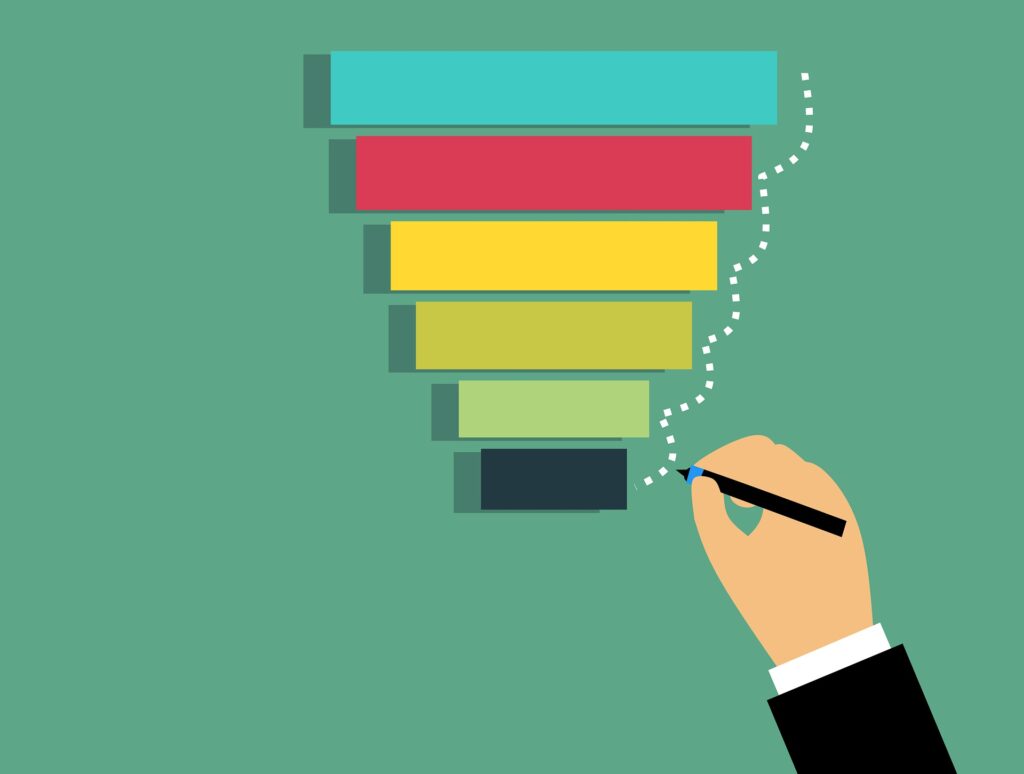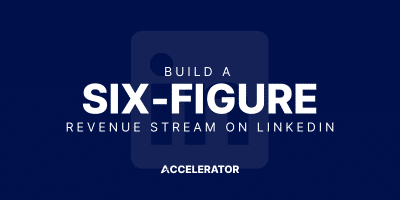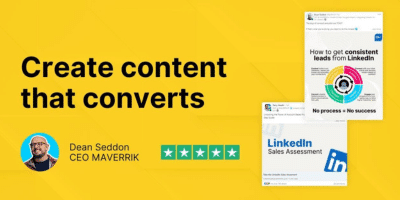We all want our content to reach the right people at the right time. However, it can be hard to make this happen. That’s where having a solid full-funnel marketing strategy can be beneficial.
Full-funnel marketing not only helps to grow your business but it can also make the experience more enjoyable for the customer. This is because full-funnel marketing uses a combination of two marketing techniques in order to guide the customer easily through the buying journey.
Demand marketing or brand marketing?
These two marketing tactics are called brand marketing and demand marketing. Demand marketing is often popular with businesses as it provides more immediate, measurable results. However, while this technique can boost demand in the short-term, for long term results brand marketing should be implemented first.
Brand marketing is the process of increasing your brand awareness and linking your brand with a particular solution, service or product. This can help lead to long-term growth as your brand becomes memorable and trusted by potential customers. For a successful strategy, a combination of both of these tactics should be used.
Most businesses will already have a lead generation strategy in place (see more) however, just implementing this will mean you are ignoring the top and midsection of your funnel. There is more potential in these sections than many marketers believe.
The best way to create a full-funnel strategy is to find the optimal balance between using brand marketing and demand marketing. The combination of these techniques will ensure you are targeting as many potential customers as possible.
The customers’ journey
There is a process that a customer will usually follow when deciding whether to buy from a business. It is made up of three steps; identifying a problem, exploring the options, deciding on a solution. Businesses should create content that matches each phase of this customer journey.
To do this successfully you will need to get inside the mind of your customer. Most businesses will already have a profile of their ideal customer. Use this and think about what they want, need and expect from your business.
It is important to avoid creating content that heavily promotes your products or services. While existing customers and those who are highly interested in your business may enjoy this, new customers can be put off by too many sales posts.
Instead you should create content that guides your customer through the process, from first interaction to gaining trust in your product and completing the sale. This will take time. In fact, when looking for a solution, the average customer will look through at least ten pieces of content before making a decision.
Using your content effectively
Now you know how important it is to provide the right content at the right time, it can seem like an overwhelming amount of content to produce. However, your existing content is a vital resource to call on when you need something new.
A combination of different content types works well on LinkedIn. This means sharing articles, infographics, short posts and videos – but remember, just because you used something once doesn’t mean it can’t be repurposed.
Infographics can be broken down into smaller bite sized posts, webinars can be cut into small teaser videos and articles can be made into quotes and other graphics. This reusing of information will not only save you time and money, but it will create continuity throughout your brand.
Getting your timing right
You’ve got the right content, now you need it to reach your customers at the right time. Timing is just as important as the content itself. Your content will not be effective if the timing isn’t right.
When creating a full-funnel strategy it is vital that you plan when your content will be posted and distributed. LinkedIn members engage more mindfully with content than users of other social media sites so timely information is important to them.
In order to ensure your content is always reaching your potential customers you should be engaging with your audience at all times. This means supplementing the larger aspects of your LinkedIn campaign with interaction with your audience. Liking, commenting, and replying to questions builds brand loyalty and engagement.
Targeting
Your content is ready, you’ve got the timing perfect and you’re always monitoring for any responses, now it’s time to make sure you are targeting the best selection of people. While it’s always important to target your ideal customer, you could be missing out on sales from other areas of your audience.
When implemented properly, full-funnel content marketing will help you reach a wide range of customers. For example, instead of concentrating your efforts on targeting a specific person, the decision maker, try to target the team who will need your product or service you are offering. .
By doing this you will be encouraging those people to suggest your product when their team leader or decision maker asks for a solution. This can mean a team chooses your product when the decision maker wouldn’t have necessarily chosen it themselves, increasing your chances of getting a sale.
Help with your LinkedIn strategy
If you need help when it comes to building connections, boosting engagement and ultimately making sales using LinkedIn then get in touch with the team at Maverrik. We have a range of training options available and regularly host webinars, giving you up to date industry knowledge, for free!






